Frequently asked questions.
What is a franchise and how does it work?
A franchise is a business model where you purchase the rights to operate a business using an established brand’s name, systems, and support. You pay an upfront franchise fee and ongoing royalties in exchange for training, marketing, and a proven business model.
What’s the difference between a franchise and starting my own business?
Starting your own business means building everything from scratch—brand, systems, marketing, and operations. With a franchise, you’re buying into a proven model with built-in training, support, and brand recognition, which lowers risk and speeds up your path to success.
Do I need prior business experience to own a franchise?
Not necessarily. Many franchises provide comprehensive training and ongoing support, so even first-time business owners can succeed. What matters most is your drive, leadership, and willingness to follow the franchisor’s system.
How much does it cost to open a franchise?
Franchise investment levels vary widely. Some home-based or service franchises may start under $100,000, while retail or restaurant franchises can require $500,000+ in investment. The costs typically include the franchise fee, equipment, initial marketing, and working capital. Due diligence and speaking with franchise owners for each franchise is important to understand what the actual investment is.
What ongoing fees do franchise owners pay?
Most franchisors charge royalties (a percentage of revenue, usually 4–10%) and a marketing fee that supports brand-wide advertising. These fees give you continued access to the franchisor’s brand, support, and resources. Other ongoing fees may include technology and local marketing fees.
Can I finance a franchise purchase?
Yes. Many franchise owners use SBA loans, personal savings, retirement rollovers (ROBS), home equity lines of credit, unsecured loans and more are all options to consider when looking at franchises. The right option depends on your investment level and financial situation.
How long does it usually take to see a return on investment?
It depends on the industry, business model, and market conditions. Many franchises project breakeven within 12–24 months, but this varies. Due diligence and careful planning are key to realistic expectations.
What type of training do franchisors provide?
Most franchisors offer initial training on operations, marketing, hiring, and customer service, along with ongoing coaching. This support helps you run the business confidently, even if it’s your first time owning one.
How much time does running a franchise require?
That depends on the model. Some franchises are full-time, owner-operated businesses, while others allow semi-passive ownership, where you manage managers and staff rather than day-to-day operations. It’s important to keep in mind that owning a franchise is still owning a business.
Can I own more than one franchise?
Yes! Many owners scale by purchasing multiple units or territories. Multi-unit ownership is common once the first location is running smoothly or if you’re interested in protecting your future growth.
How do I know which franchise is the right fit for me?
Start by clarifying your goals, lifestyle preferences, budget, and skills. I can help match you with pre-screened opportunities that align with your personal and financial goals.
What are the risks of owning a franchise?
Like any business, franchises carry risks such as market competition, economic downturns, or poor management. The advantage is that franchising lowers these risks by giving you a proven system, brand recognition, and support.
What is the Franchise Disclosure Document (FDD)?
The FDD is a legal document that outlines everything you need to know about the franchise, including fees, financial performance, training, and obligations. Reviewing it (ideally with a franchise attorney) is an essential step before signing.
Is the Franchise Disclosure Document (FDD) regulated by the FTC?
Yes. The Federal Trade Commission (FTC) requires franchisors to provide an FDD to prospective franchisees at least 14 days before signing an agreement or paying any fees. The FDD follows a standard format with 23 required sections, so buyers can fairly compare opportunities and make informed decisions. Some states also add their own registration requirements for extra protection.
Why should I work with a franchise consultant?
A franchise consultant saves you time, reduces overwhelm, and ensures you’re only looking at reputable, pre-screened franchise opportunities that are a good fit based on your goals and investment level. Best of all, the service is free to you, since consultants are paid by the franchisors.
Let’s Connect
Ready to explore franchise opportunies? Schedule your introductory call today. Not ready to schedule a call? Find your franchise match with this free assessment.
